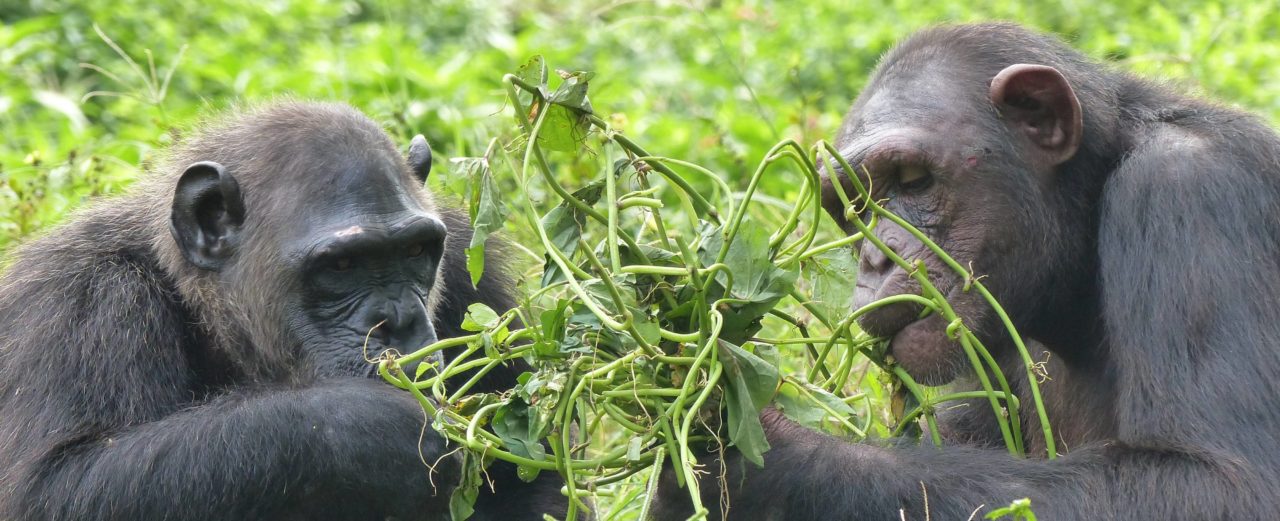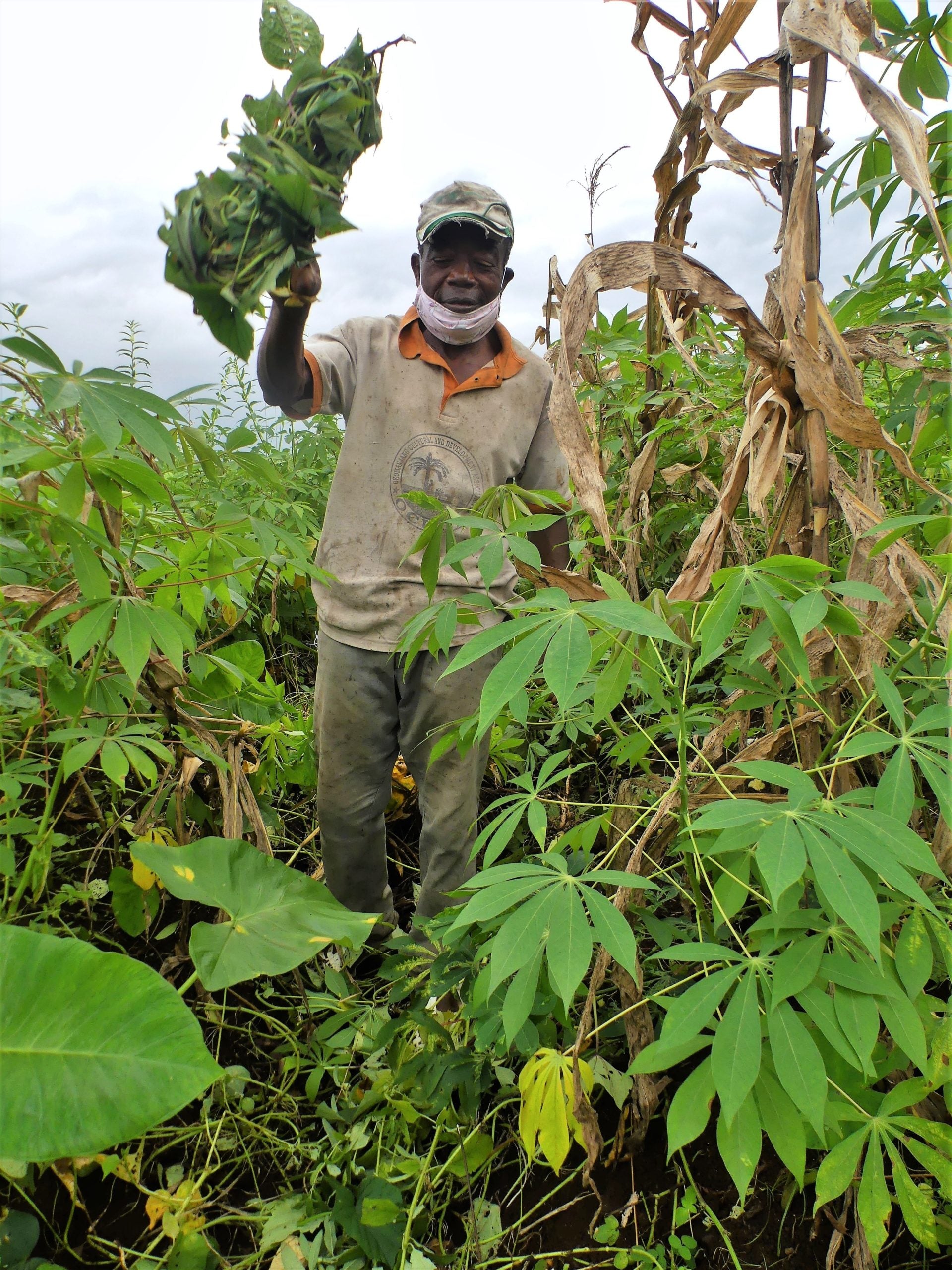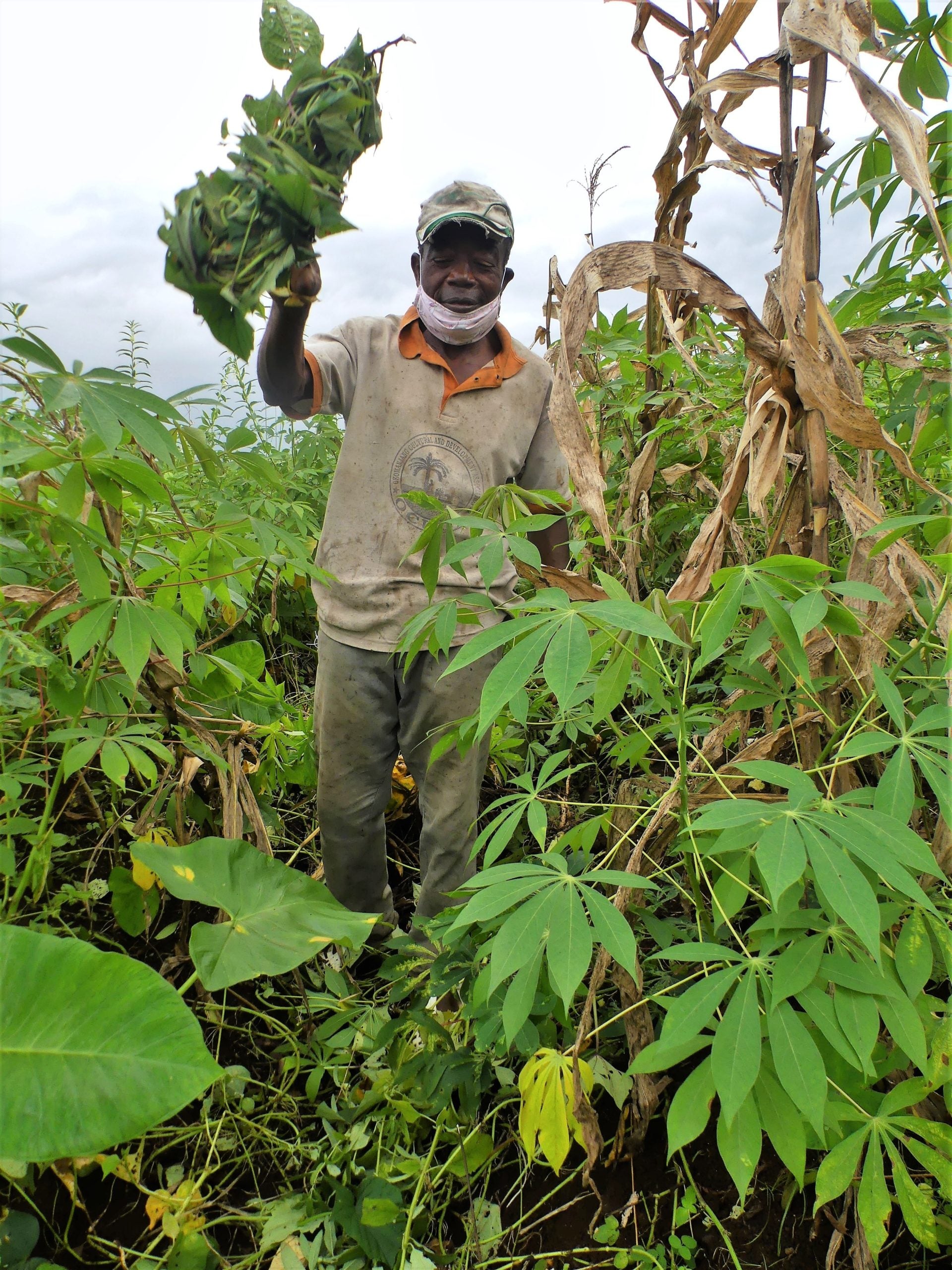Day 1
4.7 kg of green fodder for gorillas and chimpanzees in Cameroon
 Give the monkey ginger!
Give the monkey ginger!


Protecting great apes – together with the local population

need
Healthy and varied green fodder for endangered gorillas, chimpanzees and other monkeys in Cameroon.
activity
Former hunters collect wild plants and local farmers sell green fodder for the animals in the rescue center.
Measurable performance
For each good deed, the monkeys at the LWC rescue center receive 4.7 kg of plant mix.
Result
This will ensure the long-term nutrition of 200 primates. Up to 200 people from Batoke will receive a secure and ecologically sustainable income from the “Green Project” and will become active conservationists.
Systemically relevant impact
Poaching is decreasing, and the chances of survival for gorillas, chimpanzees and other wild animals are permanently increasing.
background


The good deed
AboutCameroon

Yaoundé
Capital city

26 545 864
Population
1,499.4
Gross domestic product
per capita per year

Rank 153 of 189
Human Development Index
(Human Development Index)




